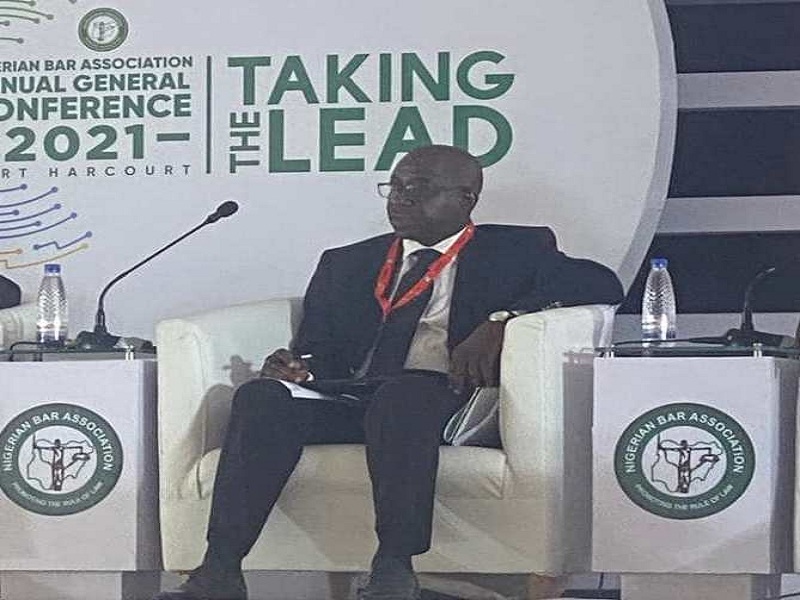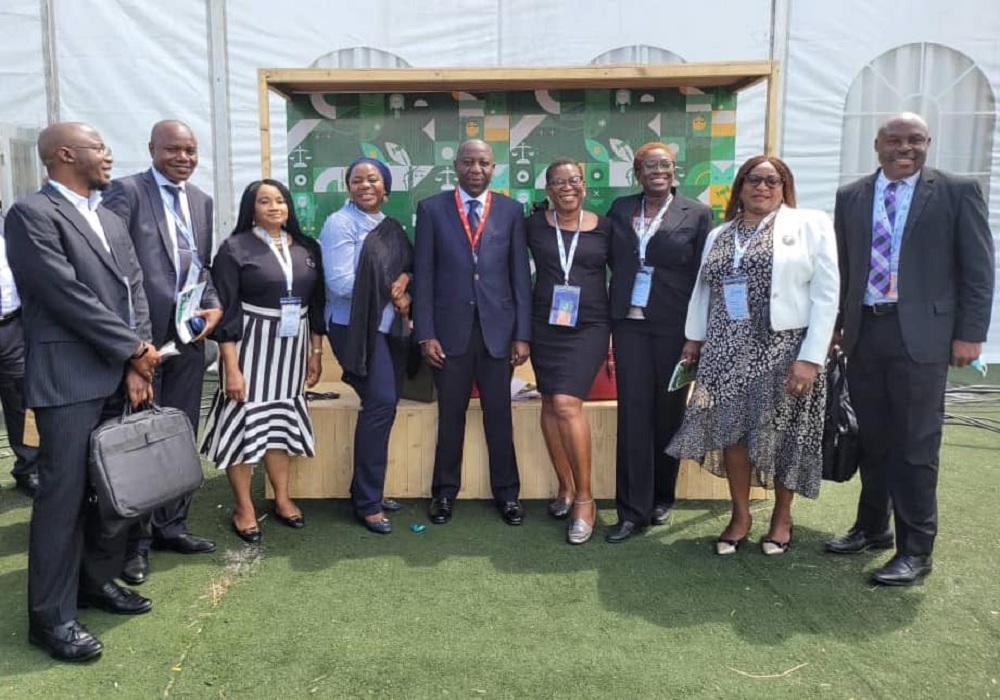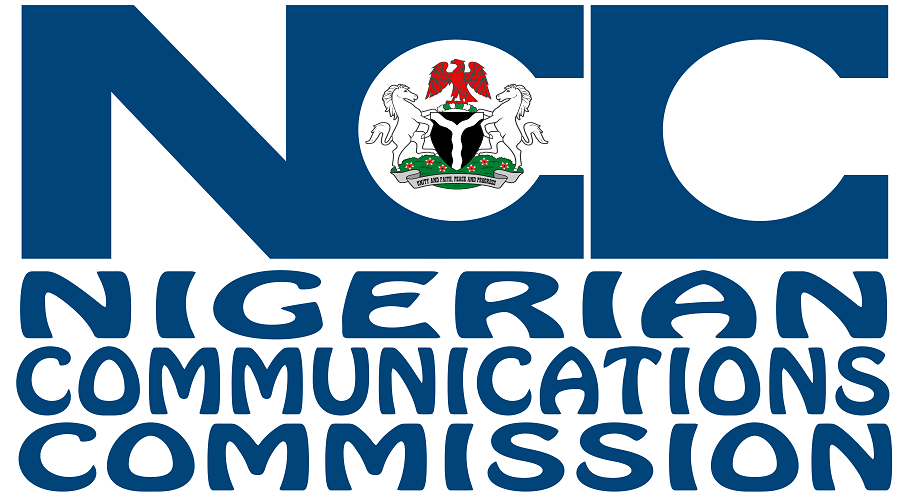The Nigerian Communications Commission (NCC) has explained why it is taking some key measures to ensure broadband and internet connectivity impact businesses and individual telecom users in Nigeria.
The Commission further explained how instrumental the ongoing implementation of the new Nigerian National Broadband Plan (NNBP), 2020-2025 and its Strategic Vision Plan (SVP), 2021-2025 can drive the development of new technologies and local content in Nigeria.
NCC’s Executive Commissioner, Stakeholder Management (ECSM), Adeleke Adewolu, who spoke at a breakout session at the recent 2021 Annual General Conference of the Nigerian Bar Association, which took place in Port Harcourt, disclosed that one of the key policy instruments that guide the development of the sector is the NNBP.

“The Nigerian National Broadband Plan (NNBP), 2020-2025 has four critical pillars which are: Infrastructure, Policy, Demand Drivers and Funding/Incentives,” he said.
He stated that the NNBP is unique in many respects, explaining that one is the fact that it clearly defines ‘broadband’ for Nigeria as “connectivity delivering a minimum of 10 Mbps in rural areas and a minimum of 25 Mbps in urban areas to every Nigerian at an affordable price and quality.”
On the other hand, he said the Strategic Vision Plan (SVP) 2021-2025 is a template developed by the NCC to streamline regulatory focus for better efficiency, in alignment with relevant policy instruments.
“For the next five years, the Commission is focusing its energies on five strategic pillars. These are Organizational renewal for operational efficiency and Regulatory excellence; Provision of infrastructure for a digital economy that fosters national development; Improved Quality of Service (QoS) for enhanced Consumer Quality of Experience (QoE); Promotion of fair competition, inclusive growth, increased investment and innovative services; and Strategic Collaboration and Partnership,” he emphasised.
Adewolu declared that “the impact of connectivity on businesses and the economy, in terms of the impact of internet connectivity on businesses and the national economy is well documented,” and recalled that 10 per cent increase in mobile broadband penetration results in approximately 0.6 per cent to 2.8 per cent rise in Gross Domestic Product (GDP).
He affirmed that everyone is a witness to the revolutionary impact of the internet connectivity for agriculture, health, education, information and communication, as well as entertainment, disclosing that this is besides notable revolution in banking and financial services as can be seen in the deployment of Automated Teller Machines (ATMs) and banking software.

“All industries now rely on internet connectivity provided by our mobile networks to function, such that it is impossible to imagine life without connectivity. In concrete terms, the Nigerian telecommunications industry has continued to lead national economic growth,” he said.
The Executive Commissioner said that in recent years, the telecoms sector has consistently driven the growth of the Nigerian economy and has provided critical infrastructure powering the digital transformation of practically all spheres of life.
Adewolu said that in the second quarter of 2021, the Information and Communication Technology (ICT) sector sustained its growth trajectory and contributed 17.9 per cent to national GDP, attributing this to the growth in the telecoms sub-sector.
“This trend demonstrates how much our industry is supporting the achievement of Government’s drive to diversify Nigeria’s economy and to ensure inclusive growth across all other sectors,” he said.
According to him, in practical terms, it is difficult to imagine how Nigeria and indeed the global economy could have fared without the internet during the peak of the Covid-19 pandemic, insisting that the fact that the conference was held in hybrid format was just an indication of the benefits that connectivity, which the Commission is driving, brings.
On local content, Adewolu stated that all the major policy instruments emphasised the need for Nigerians to take bigger roles in the ownership and management of major spheres in the sector.
He also added that President Buhari recently launched the National Policy for the Promotion of Indigenous Content in the Nigerian Telecommunications Sector, which articulated very clear policy objectives and strategies for increasing local participation.
“It would interest you that the NCC has established a National Office for the Development of Indigenous Content in the Telecommunications Sector (NODITS) to drive the attainment of policy objectives,” he said.
Adewolu contended that taken together, the instruments enable NCC to aggressively drive infrastructure development, ensuring that available, accessible and affordable access to broadband infrastructure and services for all Nigerians are safeguarded.
He expressed hope that, by the end of the NNBP’s lifecycle, the country will achieve the target of reaching an effective coverage of, at least, 90 per cent of the population at a price not more than N390 per 1GB of data.

